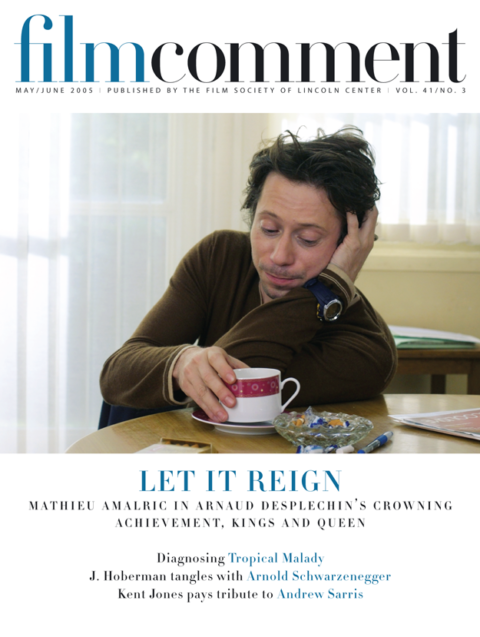
It seems like yesterday – and yet a million light-years ago. The Eighties, the decade that gave birth to and then sanctified the phenomenon of “indie rock,” was also, not so coincidentally, the heyday of the incendiary SoCal art-punk trio, the Minutemen. Although their career trajectory terminated with the tragic 1985 death of their voluminous and voluble guitar-playing singer, D. Boon, they will forever hold a place in the pantheon of the homegrown DIY ethos. Rock historian Michael Azerrad, when looking for a title for his indie-rock magnum opus, found the perfect hook with a Minutemen lyric: “Our Band Could Be Your Life.” The words are from “History Lesson, Part 2,” one of the 45 (!) songs on the band’s essential 1984 recording Double Nickels on the Dime. (The CD reissue cuts two tracks for digital-space limitations.) No other group could sing that phrase with such sheer conviction and proletarian fervor. You could be us, we could be you, everyone, altogether, right now! That belief was due, in no small part, to the way the band looked. If ever there were poster children for just-a-bunch-of-regular-guys-who-started-a-band, the Minutemen fit the bill – three bosom buddies who emerged from a sweaty everyman audience, climbed onstage, and never left. Call it random moshpit selection.
Bassist Mike Watt’s somewhat hangdog persona forms the backbone of We Jam Econo, a savvy, independent look at a savvy, independent subject. Director Tim Irwin and producer Keith Schieron have crafted a rootsy documentary that captures the organic feel of the band with an appropriately handmade touch – a strategy in tune with the small-is-mighty credo. Watt gets to the heart of the idea when describing the Minutemen concept. “We were like my-noot men,” i.e., “minute” as diminutive adjective, the infinitesimal, the inconsequential. Flies in the ointment of musical industry.
“Jamming econo” shares etymology with the Ford Econoline van, a workhorse of the rock & roll lifestyle. The film’s core, apropos econo, takes place inside Watt’s van as he tools around present-day San Pedro, California, reminiscing about various significant locations, including a spot where beloved musical gear was purchased, gig venues, old apartments, and the high school from which the trio graduated. Interspersed with these ruminations are an interview with the band back in 1985, copious footage of their ragged-glory performances, and sound bites from scores of rock luminaries attesting to the perennial vitality of the group and its recordings. Thurston Moore, Flea, Henry Rollins, Richard Hell, Ian MacKaye, and many other indie brethren swear allegiance to the band that would have been king – or, at least, court jesters. Again, in a structural gambit befitting the subject, each interview is sliced into short, discrete bits, and then organized thematically, so that people in different times and disparate locations complete one anothers’ thoughts and sentences – not unlike the ebb and flow of a Minutemen record or live set. “The songs were not meant to stand on their own,” says Watt. “They were part of this big river.”
A common misconception about the band forever links their name with the brevity of their songs. Many clock in around the one-minute mark. (At one point Watt confounds himself when checking the duration of a particular track: “Oooooh. Two minutes, 30 seconds. It’s our opus!”) But the moniker was appropriated, ironically, from the revolutionary militia who were ready to fight at a moment’s notice. D. Boon was a serious U.S. history buff and loved more than anything to argue the pertinent details – especially with Watt. Their squabbles were so legendary that bands touring with them would deliberately incite disputes between them. Needless to say, the arguments often continued after they picked up their instruments. And you can still hear the friction in the music.
One of the toughest forms of nostalgia is a yearning for times that were anything but peaceful. “Being spit on kind of sucks,” states bemused drummer George Hurley. But there’s still something about those days, gobs of saliva notwithstanding, that won’t completely fade away. And even with the mobilized armada of fellow musicians and friends, it is ultimately Watt who emerges as the bearer of the biggest loss – and the emotional center of the film. The world lost a flamboyant band destined for something big. Watt lost a world.








